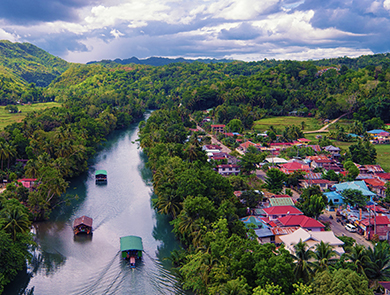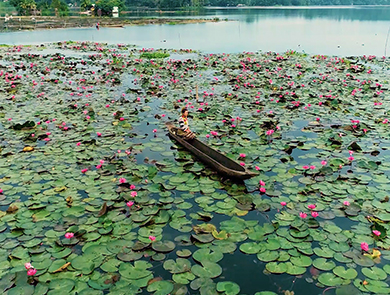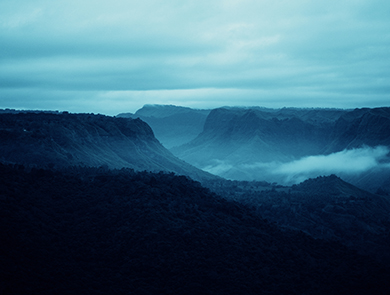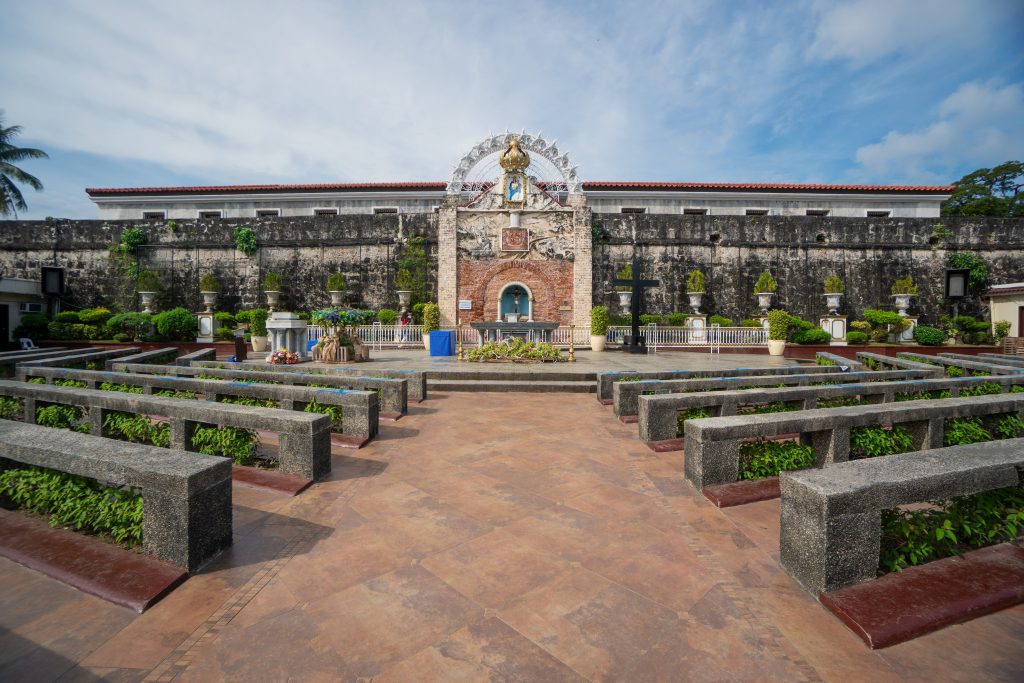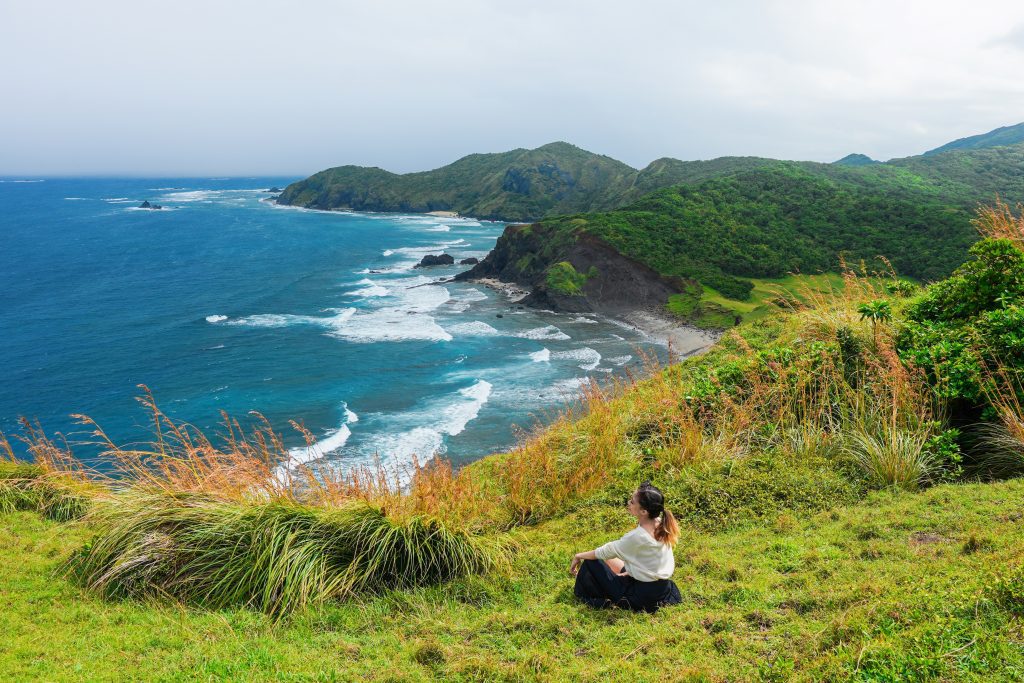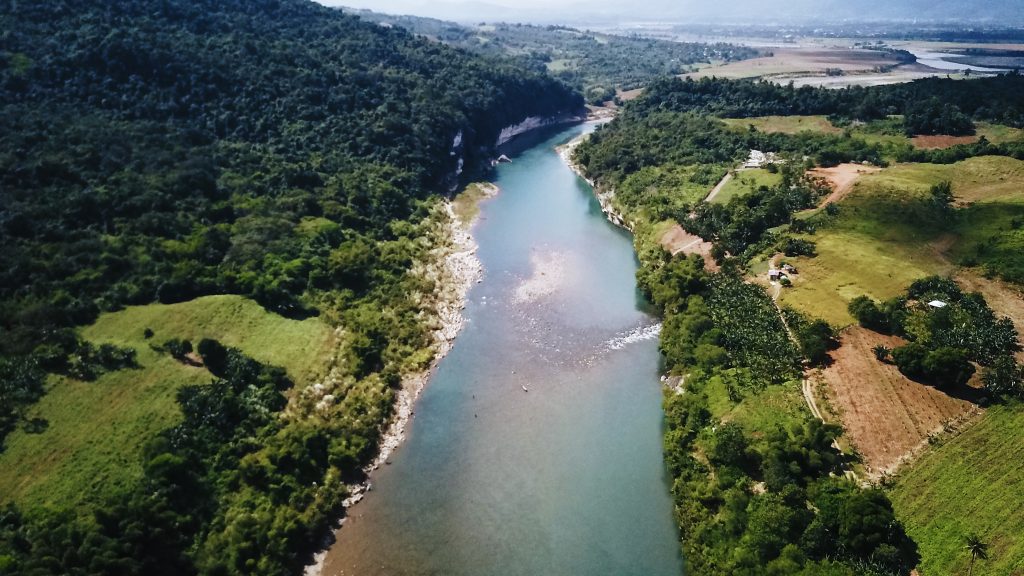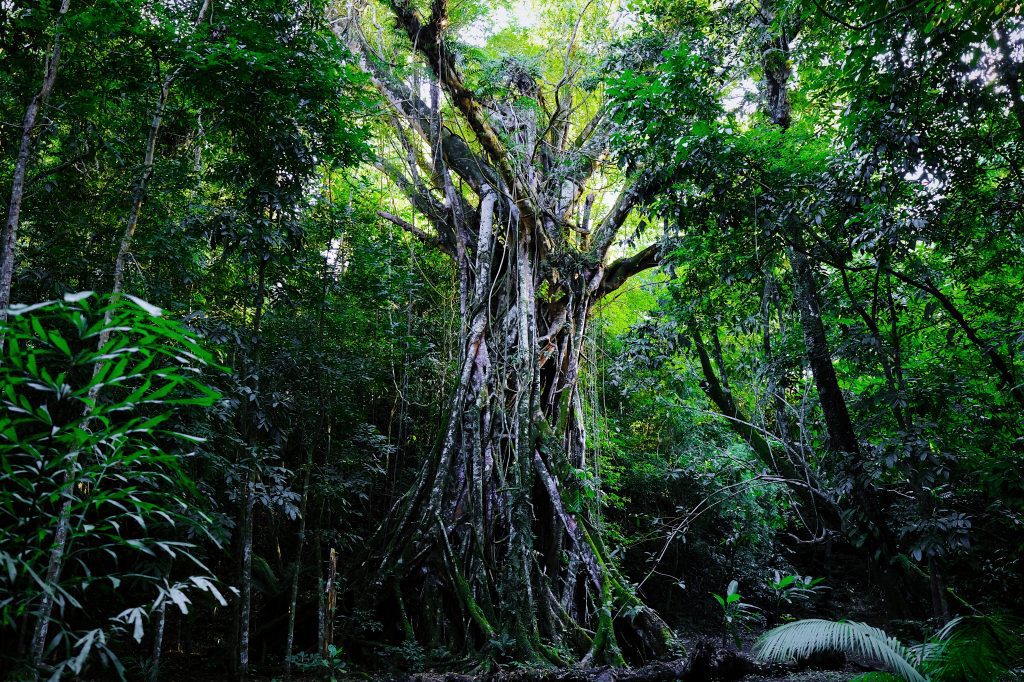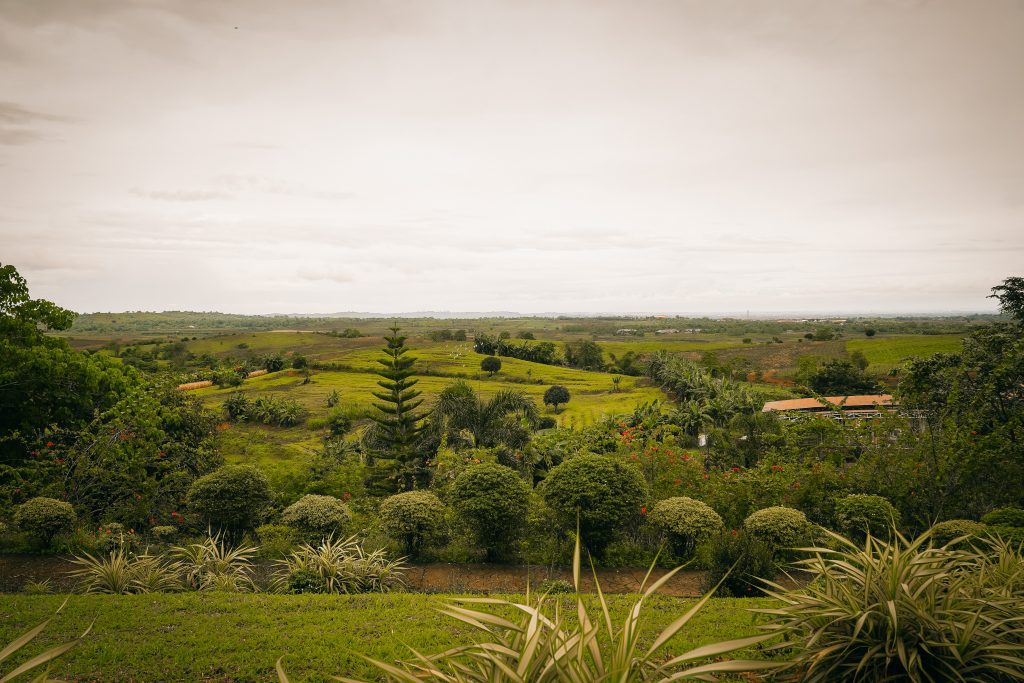If you ever find yourself in Sumilao, Bukidnon, you should pay Alalum Falls a visit. Surrounded by lush greens, it is 148-feet high, with water coming from the highlands of the Kitangland Mountain Range.

Alalum is right in the middle where Cagayan de Oro, Misamis Oriental, and Bukidnon converge, with its viewdeck just a kilometer away from the Sumilao Municipal Hall. Locals believe that the name of the falls was from the Lumad-Binukid word “madalum,” which means “deep.” This perhaps points to the great depth of the catch basin below.
When looking for someone to show you around there, locals will most likely point to Jornel Juan Liporda. While the 38-year-old was born a couple of municipalities over, in Kabanglasan, he serves as the caretaker of Alalum Falls. Apart from this, he also manages Sumilao Pasalubong Center, and never runs out of interesting things to share about the place.

Amazing finds
Sumilao, a landlocked plateau, is a haven of breathtaking tourist spots in Bukidnon. Aside from the Alalum Falls, there’s Mapaso Hot Spring, Sulasag Cave, Palaopao Hills, and many more.
To Liporada, it’s a place of unexpected surprises, with destinations that you shouldn’t just admire, but also explore. “[There are] rolling hills to wander, perfect peaks to climb, and inland rivers and cold springs to bathe,” he describes. “There’s a wide selection of beautiful landscapes in Sumilao that are waiting to be fully discovered and not just to be merely gazed from afar.”

When he speaks about their place, you can almost hear his dedication, pride, and love for his hometown in his voice.
“Sumilao is rich in history, culture, and tradition, because even until now, we still practice some rituals and celebrations. Like Pamunghat, Pamahandi, Pandingding, Pamalas, and more,” Liporada narrates. “[We] believe that Bathala will grant our wish and we will receive good luck, peace, and harmonious living. Seventy percent in the locality still practice our native tongue which is Binukid.”
Doing his part
As a tourism officer, Liporada’s tasks mainly involve promoting Sumilao’s local products and destinations.
He gushes about the Sumilao Bayong, which is a hand woven bag made from 100 percent recycled plastic straps.

“Our bayong is made by the RIC or Rural Improvement Club. Throughout this bayong weaving, the group of women of Sumilao helped their families by gaining income especially during this pandemic because most of them were affected, like, their husbands lost their jobs and lost their small businesses,” he explains. “I believe I [helped] them by selling their products using social media. By this, the tourism industry of Sumilao is not totally dead.”
Even while the waterfalls constantly flow, the tourists stopped coming. Some blogs even describe that despite its beauty, the falls became a “neglected place,” “forgotten,” or “ignored,” even before the pandemic hit.
But this didn’t dampen Liporada’s faith and perseverance to help Sumilao recover. “Since it’s my job, I need to exert extra effort and patience especially in this trying time of pandemic, where people are limited with their daily activities,” he says, adding they needed to think of alternatives.

“I grew up in a family with strong faith in God,” Liporada says. “I believe that this is my weapon to overcome all these.”
He can attest how the community worked hard to recover from this ordeal and that everyone is “obedient and participative,” and followed protocols and rules.
“Though they were really affected, we are still looking forward to the betterment for us and for others. In this situation, you need perseverance and a lot of patience in achieving something,” Liporada explains. “And you should start by believing in yourself because if you believe in yourself, everything will flow smoothly toward progress.”
Hopes and dreams
It’s not only the Sumilao tourism industry that relies on Liporada and what he does at work. At home, his whole family also depends on him.
This poses a greater challenge to him especially in this crisis. “As a breadwinner in the family, it is my duty and responsibility to feed them and provide their basic needs,” he says. “Since I work in the government, I still have my salary and this is very important to me, to provide [for] the needs of my family.”
He starts his day at 4 AM, and by 6 AM, he is already at work.

“Kailangan nasa trabaho na po ako at doon magsisimula ang aking mga gawain together with my co-workers,” (I need to be at work (by this time) and this is when I start my tasks together with my co-workers,) he shares. “We start our day by cleaning the surroundings, arranging our local products, and preparing a whole area for our customers and guests and other tourists who will visit Alalum Falls.”
What Liporada wants for the community is for everyone to feel the essence of belongingness, togetherness, and love.
“I hope everyone is in good condition, and I also hope that everyone will get their needs [met] even in this time of crisis,” he says. “For myself, to strive no matter how hard the situation is but believing the best throughout this pandemic.”





